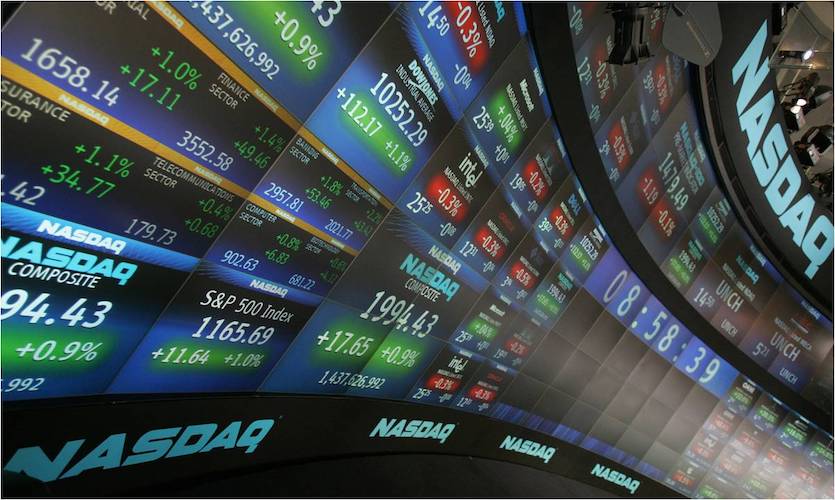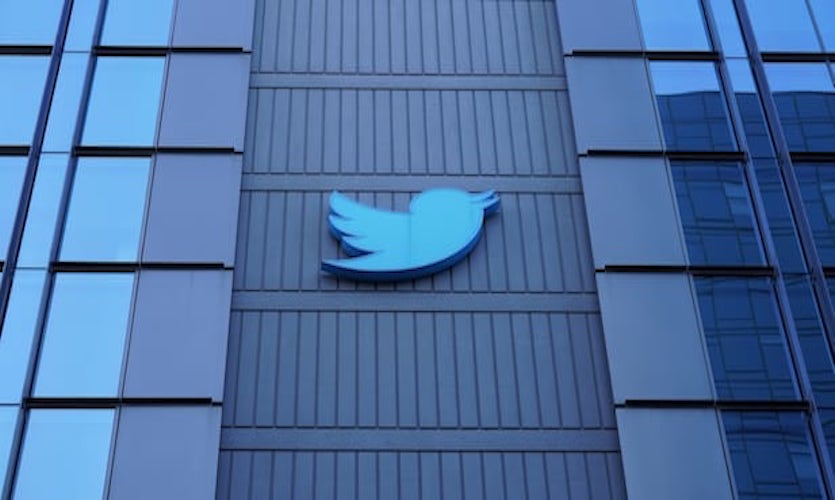Investors remain nervous about high inflation and the impact of rising interest rates despite world stocks rising from the previous day’s 18-month lows, with the dollar rising back from 20-year highs on May 13. The looming threat of recession has gotten the market anxious, with the S&P getting close to a bearish market on May 12, at nearly 20 percent off its January all-time high. The ongoing war in Ukraine has worsened supply chain disruptions and inflationary pressures in place after more than two years of the COVID-19 pandemic.
American finance company MSCIs world equity index rose to 0.32 percent after hitting its lowest since November 2020, on May 12, even though it was meant to fall by 4 percent during the week. S&P’s futures bounced 1.13 percent after the index fell 0.13 percent overnight, a sixth straight week of declines for both MSCI and S&P. US Federal Reserve Chair Jerome Powell said that the battle to control inflation would “include some pain”. Powell repeated his expectation of interest rates rising by a half-percentage-point at each of the Fed’s next two policy meetings, while pledging that “we’re prepared to do more”.
The US dollar remained close to a 20 year high due to safe-haven demand, and eased 0.22 percent to reach 104.54 against a basket of currencies. The dollar rose 0.36 percent to 128.76 yen, while the euro gained 0.3 percent to $1.0408, recovering from Thursday’s five-year lows. Bitcoin also witnessed a rise, reaching $30,000 after the collapse of TerraUSD, a so-called stablecoin, which drove it to a 16-month low of around $25,400 on May 12.
The recent development of Finland’s plan to apply for NATO membership, with Sweden looking to pursue the same, was followed by Moscow calling the announcement hostile and threatening retaliation, including unspecified “military-technical” measures, which could present more serious issues in the future. “There’s an awful lot of negative sentiment out there, we’re looking at a 40 percentt chance of recession,” said Patrick Spencer, vice chairman of equities at Baird Investment Bank. “A lot of fund managers have cut their equity allocations and raised cash, though we think this is a correction rather than a bear market.” “Some traders may see the sharp fall this month as an opportunity to buy the dip, but given the hugely volatile nature of the coins, the crypto house of cards could tumble further,” said Susannah Streeter, senior investment and markets analyst at Hargreaves Lansdown.
The moves higher in equities were mirrored in US Treasuries, with the benchmark US 10-year yield edging up to 2.9221 percent from a close of 2.817 percent on May 12. The policy-sensitive 2-year yield was at 2.6006 percent, up from a close of 2.522 percent. “Within the shape of the US Treasury curve we are not seeing any particularly fresh recession/slowdown signal, just the same consistent marked slowing earmarked for H2 2023,” said Alan Ruskin, macro strategist at Deutsche Bank.
Read more: How Will The Russia-Ukraine Conflict Impact Indian Economy?
MSCI’s broadest index of Asia-Pacific shares outside Japan was up almost 2 percent from a 22-month closing low on May 12, reducing its losses for the week to less than 3 percent. In China, the blue-chip CSI300 index was up 0.75 percent, while Hong Kong’s Hang Seng rose 2.71 percent after comments from Shanghai’s deputy mayor that the city may begin easing some tough COVID restrictions this month. “We had some pretty big moves yesterday, and when you see those big moves it’s only natural to get some retracement, especially since it’s Friday heading into the weekend. There’s not really a new narrative that’s come through,” said Matt Simpson, senior market analyst at City Index.
Oil prices increased due to the pending European Union ban on Russian oil, but were still set for their first weekly loss in three weeks, due to inflation concerns and China’s lockdowns slowing global growth. US crude rose 0.75 percent to $106.97 a barrel, and global benchmark Brent crude was up 1.05 percent at $108.58 per barrel.









